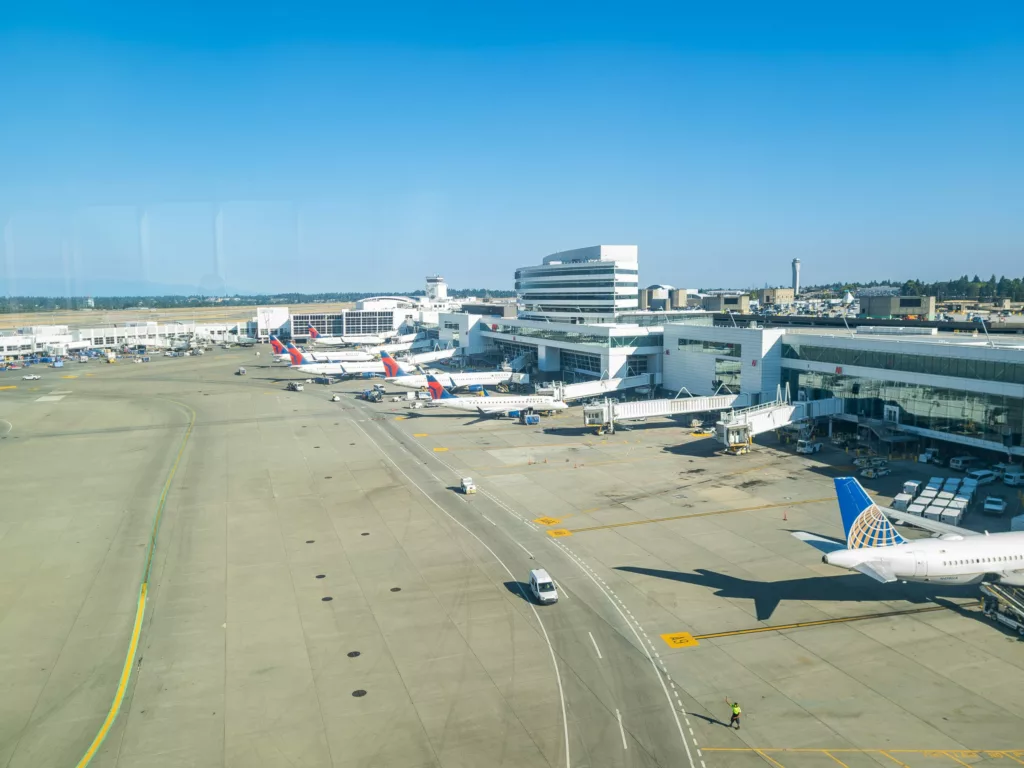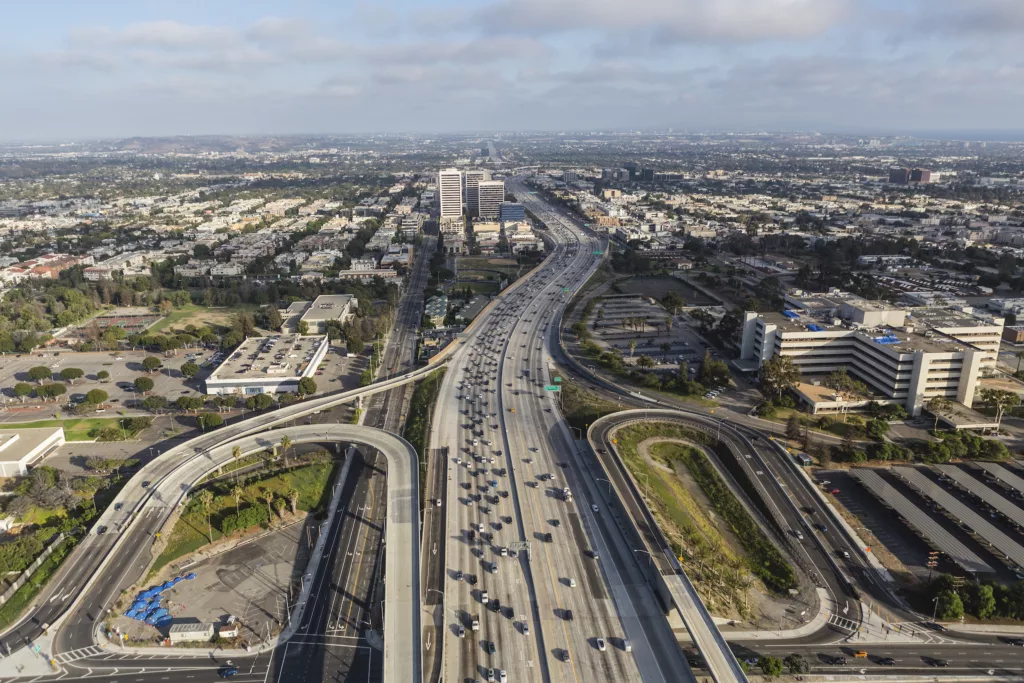
Travel Model Development
Travel Demand Models Built for Planning Decisions
RSG develops travel demand models that planners can use every day: right-sized to local needs, easy to update and maintain, and designed to answer important planning questions. Because data collection and modeling live under one roof at RSG, we understand how each dataset shapes results and build that understanding into every stage of model estimation, calibration, and validation. We integrate survey data with passively collected mobility data when appropriate, ensuring models reflect real-world behavior. And we help clients select the right tools to support confident, defensible travel demand forecasting.
Agencies rely on travel demand models to evaluate scenarios, test policies, and prioritize investments, but many teams face growing constraints as travel behavior and planning needs evolve.
- Models must keep pace: Legacy systems, inconsistent inputs, and limited staff capacity challenge regions, especially where planners, not dedicated modelers, manage the tools.
- Travel behavior is shifting: Micromobility adoption and hybrid work patterns strain traditional assumptions and require more responsive forecasting approaches.
- Planning needs are increasing: Agencies need models that run efficiently, are easy to maintain, and connect cleanly to planning workflows and decision-making.
RSG helps agencies build models that work the way planners do. Our approach combines rigorous behavioral methods with practical implementation to ensure models remain useful, understandable, and grounded in real-world conditions.
- Build for usability: We deliver clear documentation, streamlined runtimes, automated QA/QC, and a defined update path so models are easy to run, maintain, and explain.
- Strengthen the data foundation: By designing household travel surveys and integrating passively collected mobility data, we calibrate models to actual traveler behavior.
- Right-size the tool: From trip-based models for efficient regional forecasting to activity-based systems for detailed daily travel patterns, and linkages to strategic models when scenario screening is needed, we align complexity with each region’s goals and resources.
Our work turns complex travel behavior into clear, defensible insights that support confident travel demand forecasting and better long-range planning and investment decisions.











